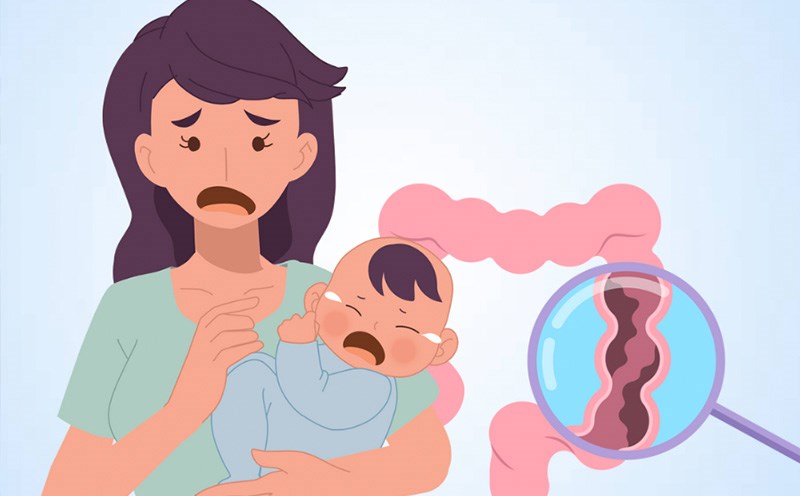In the context of rising prices, food promotion shelves that are about to expire in many supermarkets have become a familiar destination for many consumers.
Buying these products helps save costs and limit food waste. However, along with economic benefits are potential health risks if buyers are not alert.
Food safety experts warn that not all expiring products can be used with peace of mind.
First of all, consumers need to clearly distinguish between the label "best before" (should be used before the date...) and "use by" (safe deadline).
For the group of dried foods, canned foods, spices or industrial packaging, the product often retains quality for a short time after the "best before" time frame. Conversely, with fresh food, meat, milk, seafood or processed foods, near-term or expired use can lead to the risk of poisoning and infection.
Another important factor is storage conditions. Foods that are about to expire but are displayed outside the recommended temperature, packaged torn, deformed or changed color should absolutely not be bought.
Consumers should carefully check packaging, labels, cold storage stamps and ensure the product remains intact.
In addition, buyers need to consider the ability to actually use it. If it cannot be processed or consumed on the same day, buying expired food for storage is completely meaningless, even causing waste and harm to health.
Many European countries are currently applying a nearly expired food sale policy with 24-hour consumption instructions. This is an experience worth considering to both reduce food waste and ensure safety.
In many countries around the world, while legal regulations on food are still limited, the biggest responsibility still belongs to consumers.
The general advice is to be a smart consumer, choose products of clear origin, preserved to the right standards, and only buy when you are sure you can use them immediately. Saving is necessary, but health must always be a top priority.











